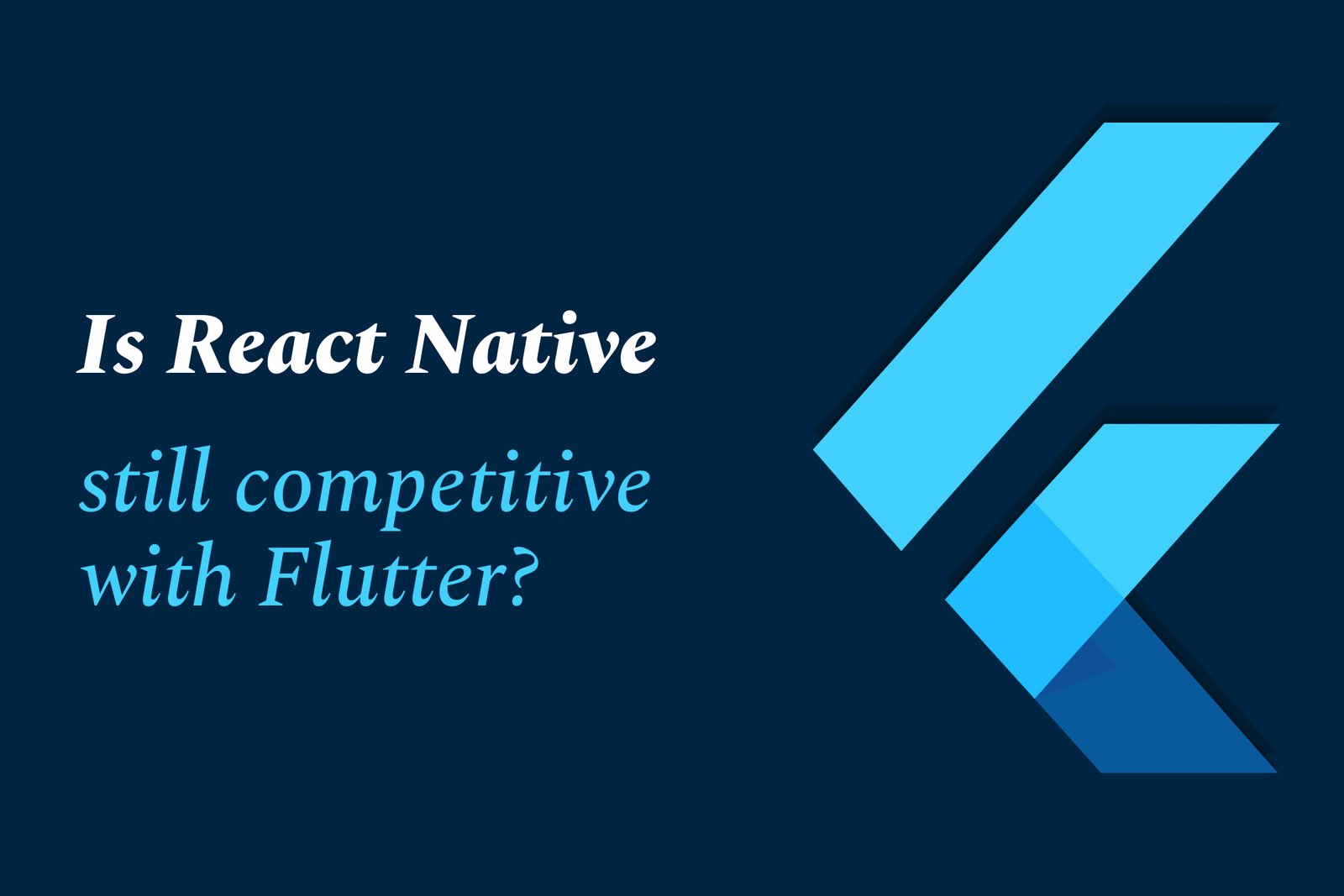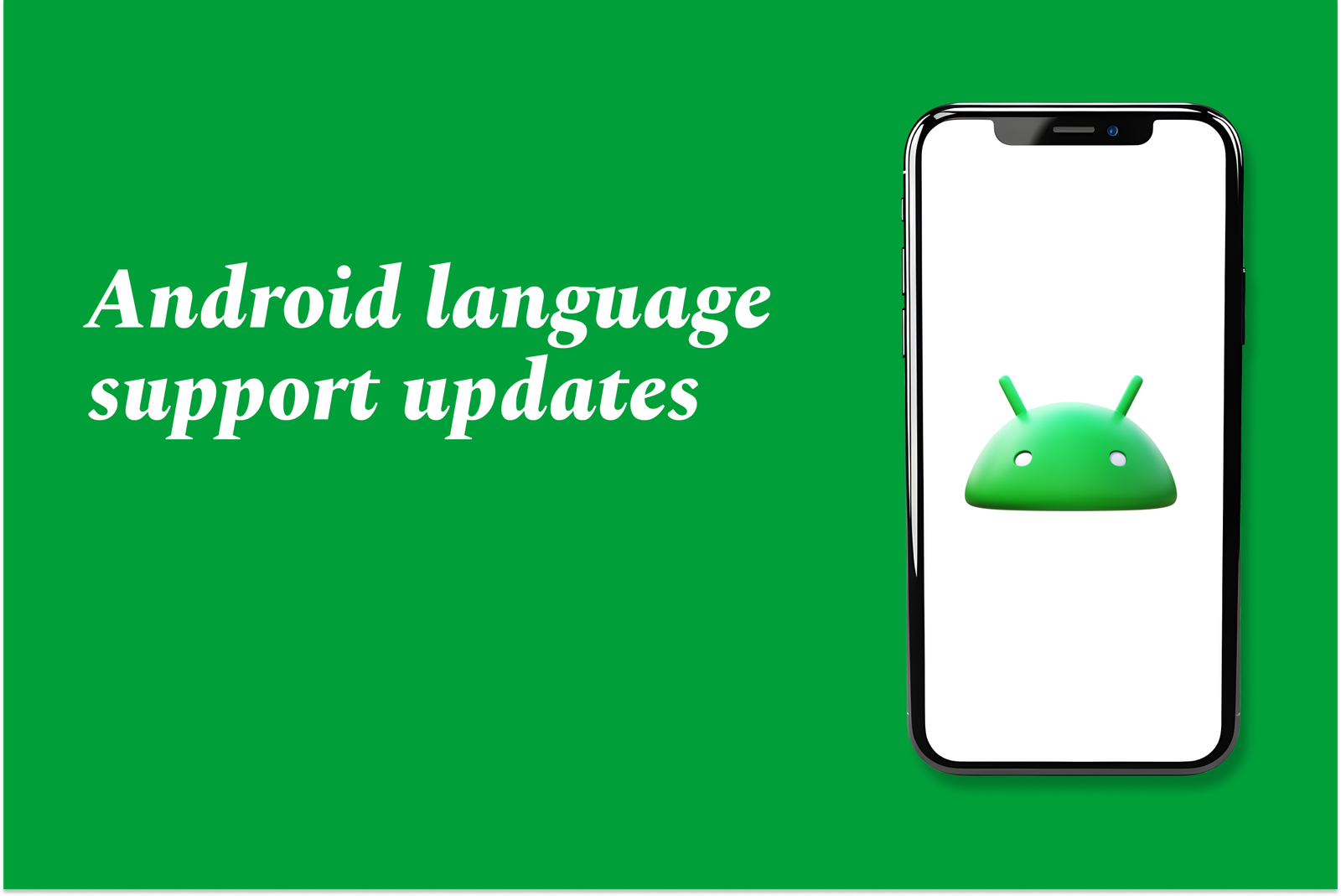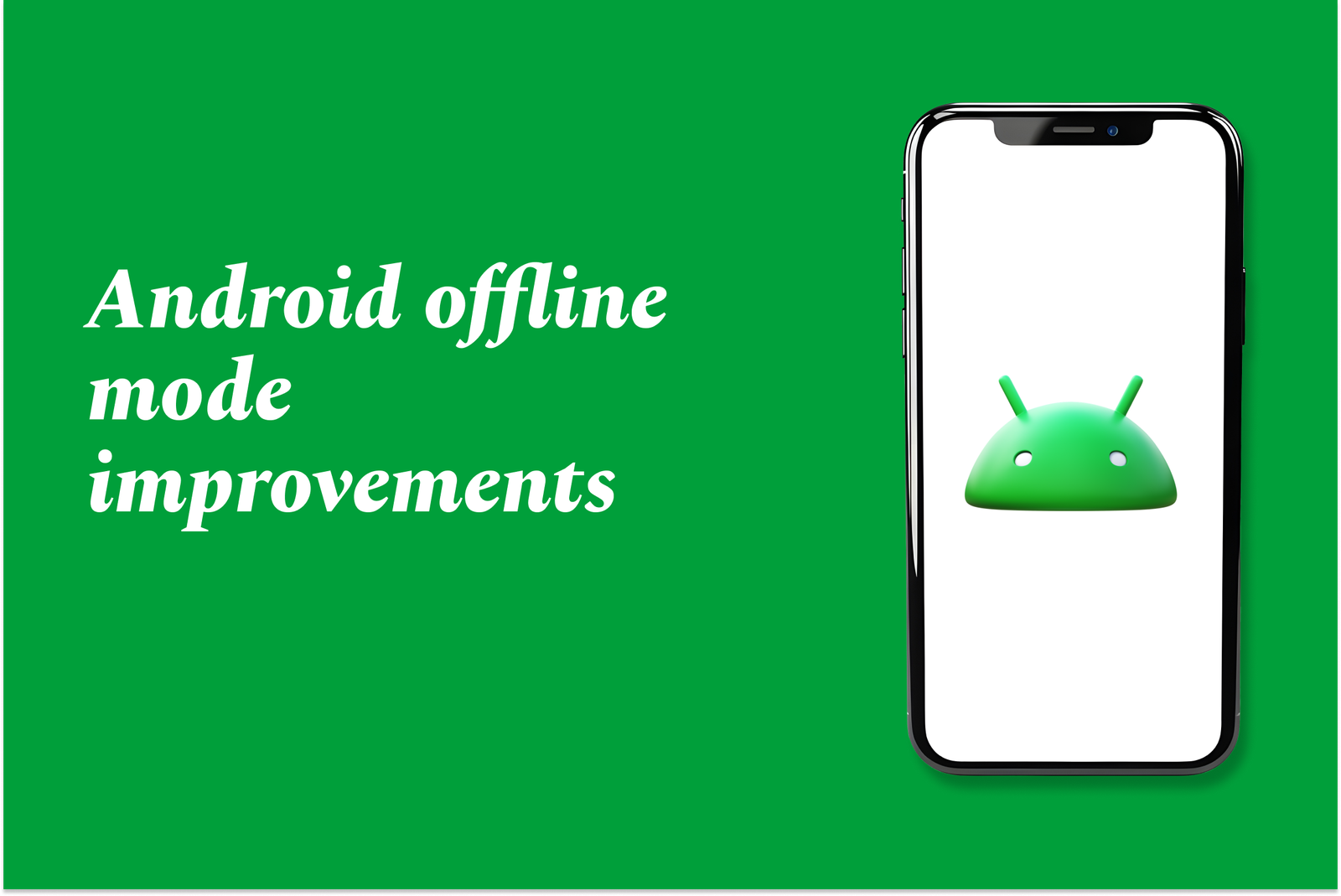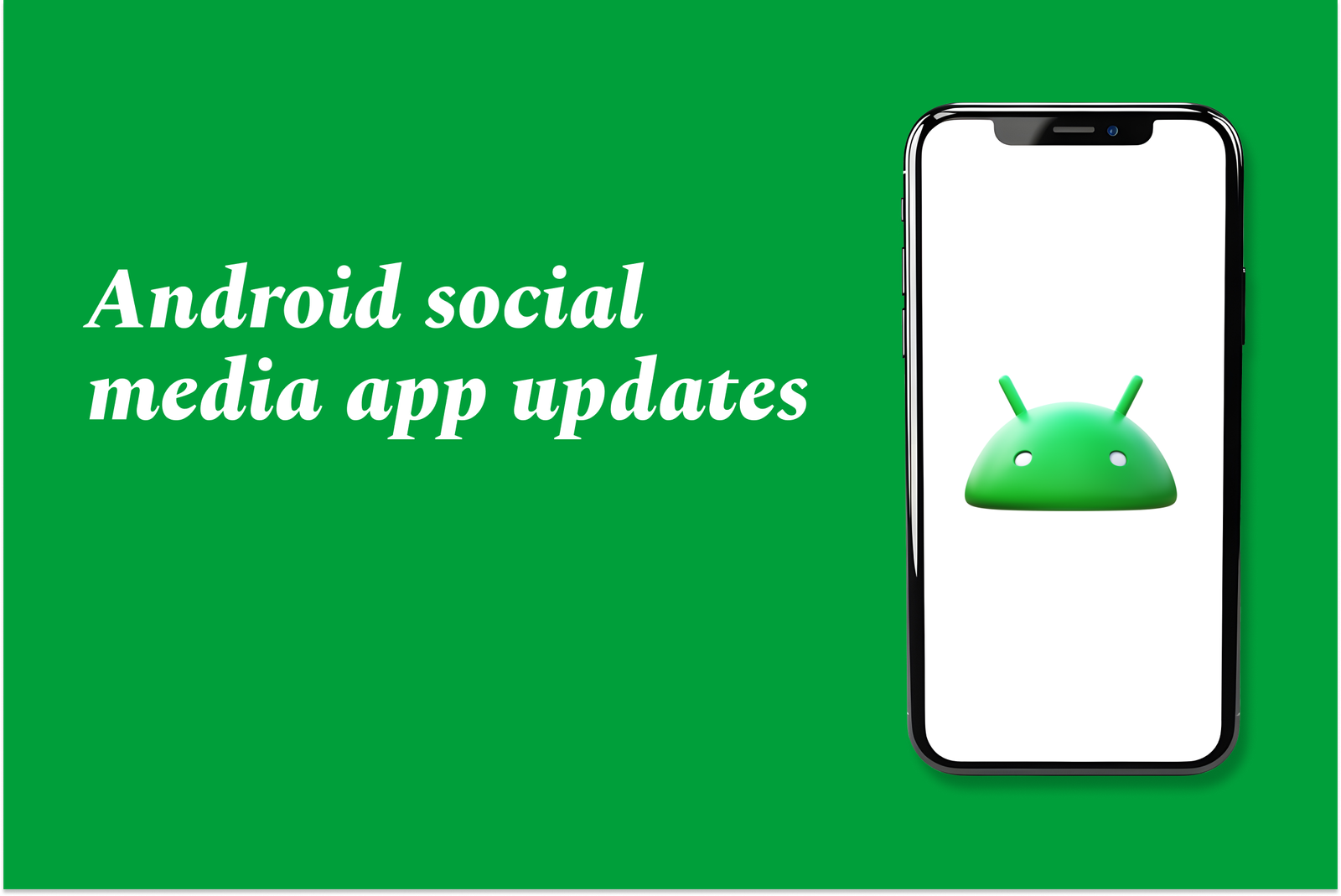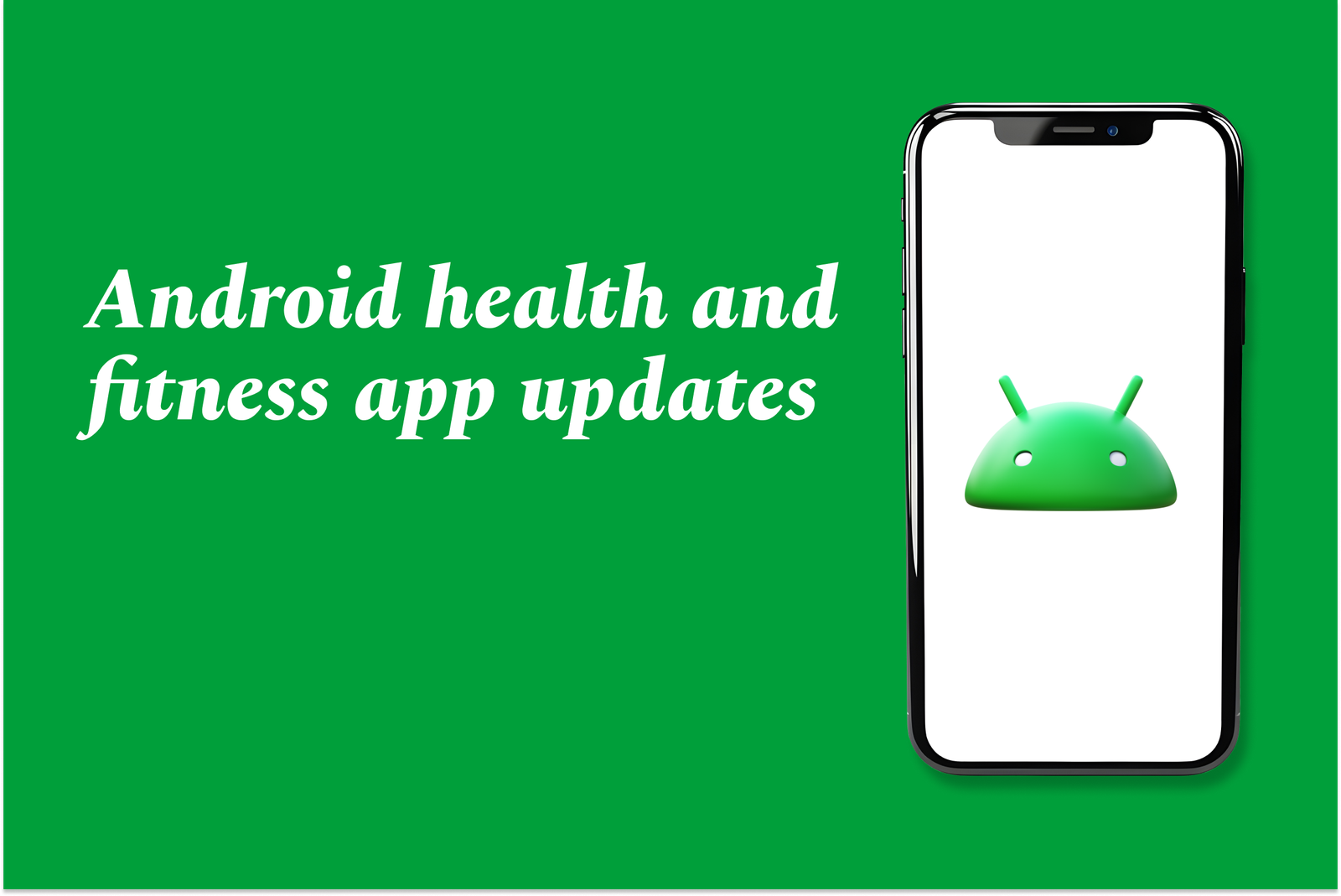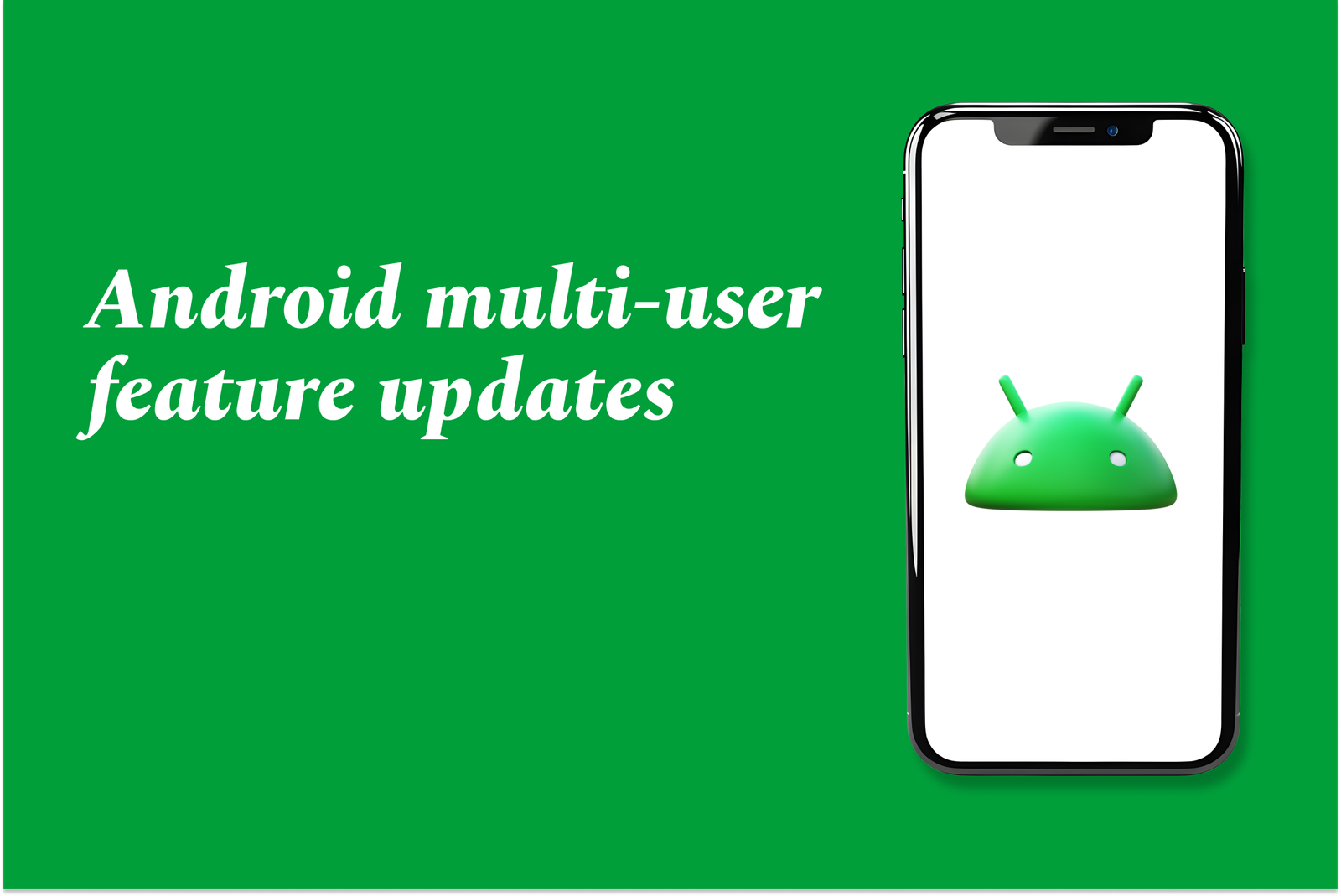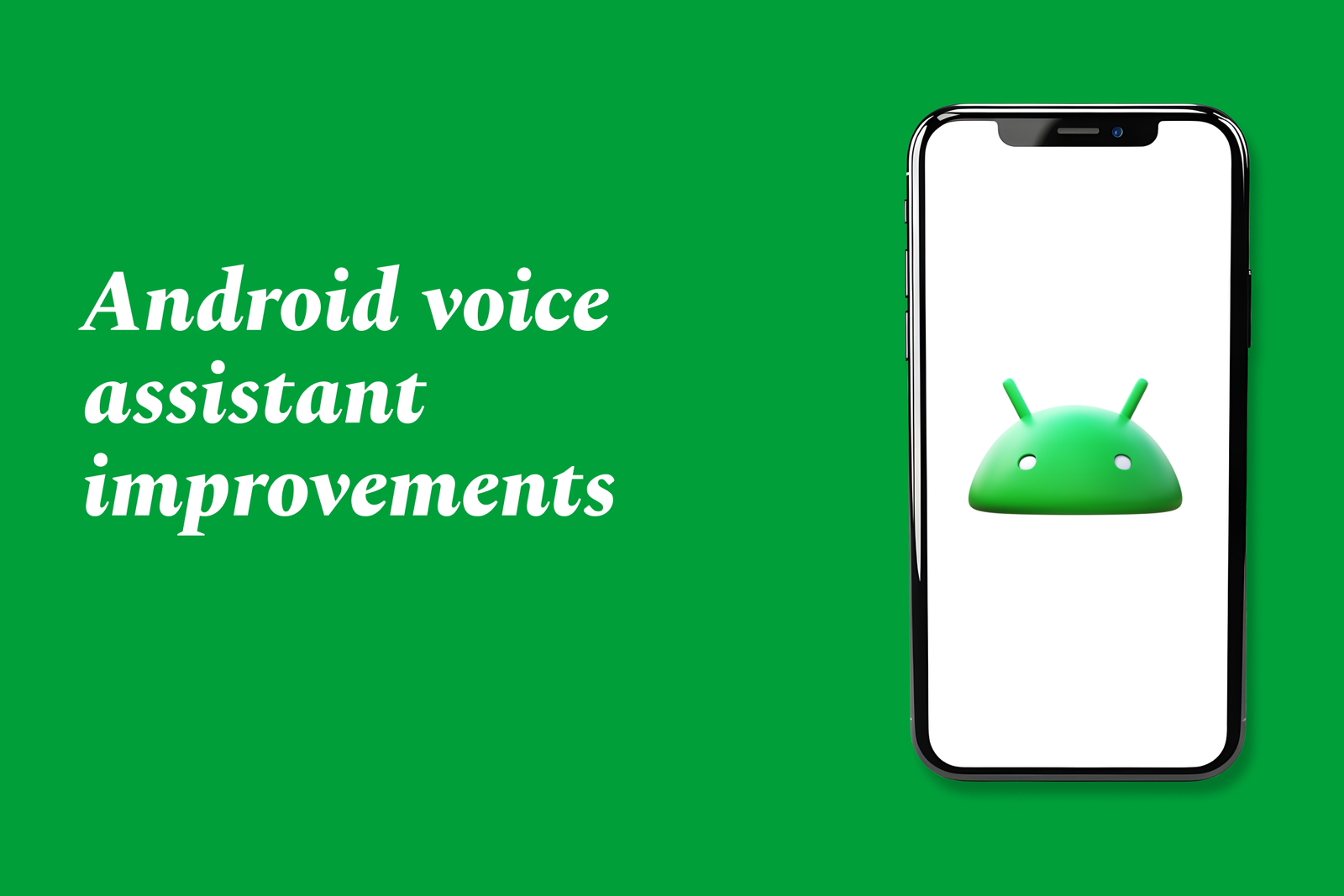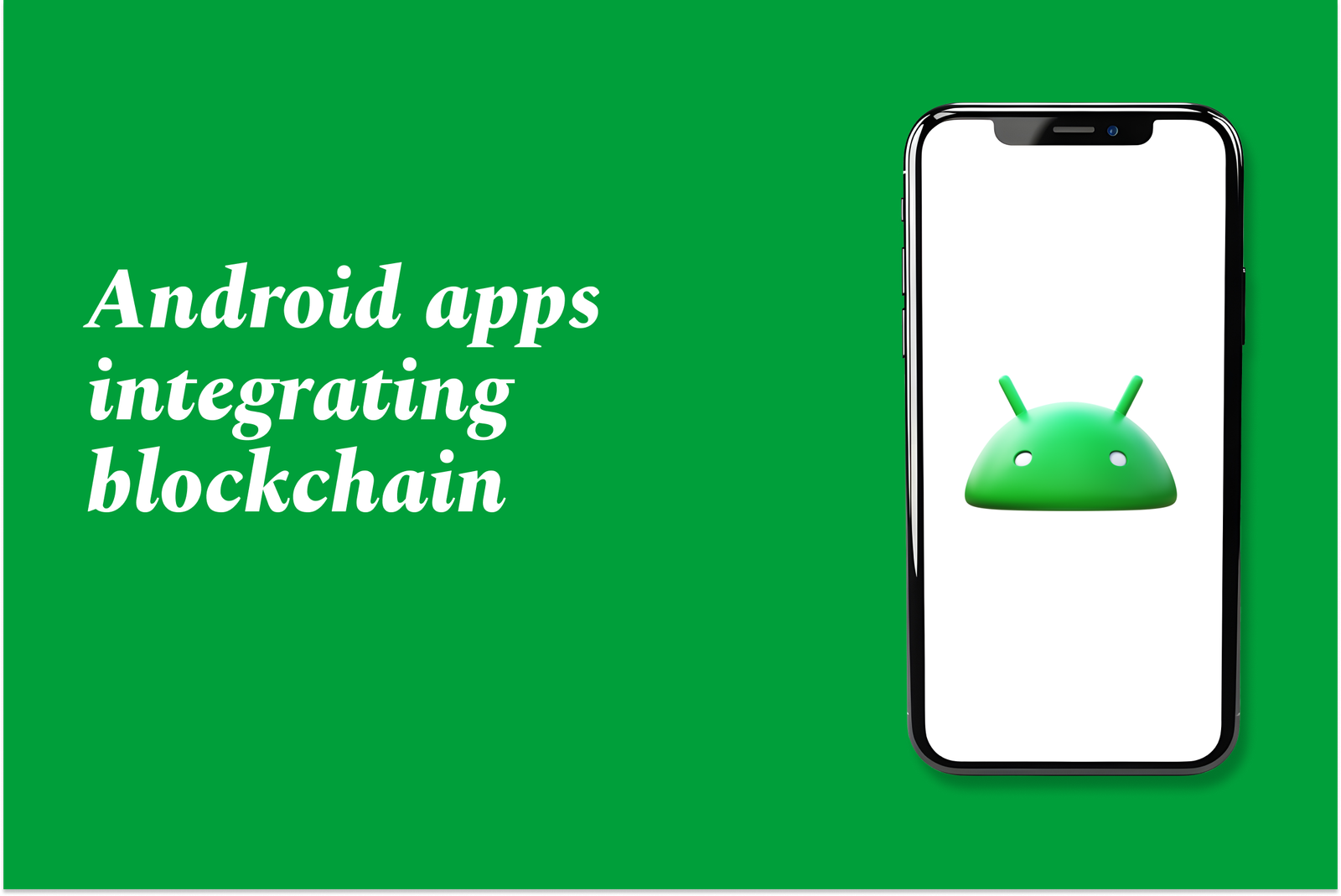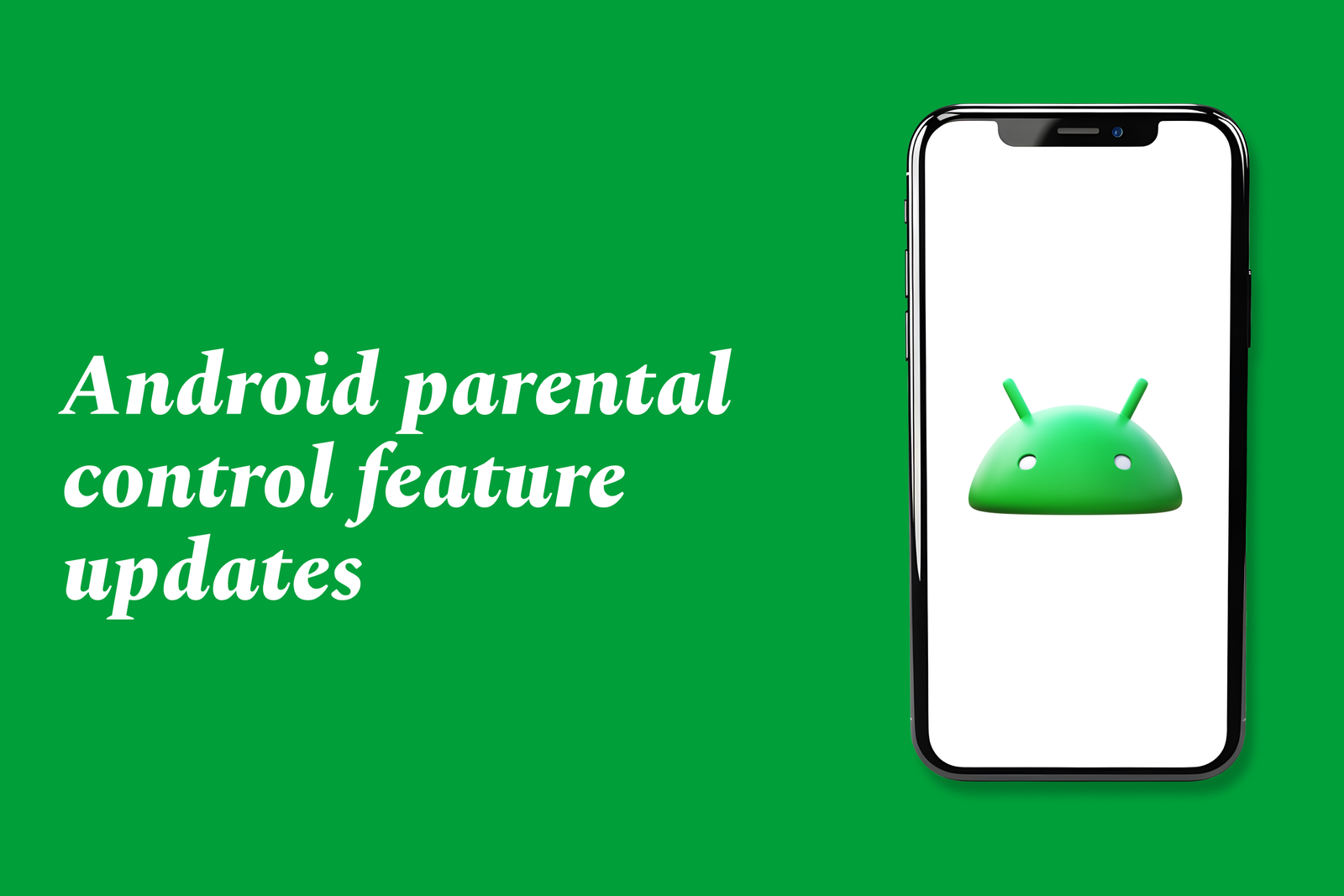Is React Native Still Competitive with Flutter?
React Native remains competitive by leveraging its large JavaScript ecosystem and React familiarity, but Flutter’s superior performance, faster development with hot reload, and growing community make it increasingly preferred for cross-platform apps. Choice depends on project needs and team skills.
Is React Native still competitive with Flutter?
1 ) Background on React Native
React Native is a cross platform framework introduced by Facebook enabling iOS and Android apps from a single JavaScript/React codebase.
It promised easier resource flexibility by allowing web developers familiar with React to transition into mobile development.
Early experiences showed mixed results—basic apps and some cross platform features were easier to develop.
However, complexity increased sharply for larger or more intricate apps. Bugs were frequent and difficult to diagnose, slowing progress.
Over time, updates and third party library support proved challenging, with many native features missing or underperforming.
Ultimately, some teams reverted to native app development due to better productivity, developer experience, and app quality.
2 ) What is Flutter?
Flutter is an open source UI software development kit by Google, launched in 2017, that uses the Dart programming language.
It allows building natively compiled, multi platform applications for mobile, web, and desktop with one codebase.
Flutter apps use their own rendering engine for fast, consistent performance.
3 ) Pros of Flutter
Open source and free with comprehensive documentation and community support.
Rising rapidly in popularity, recognized as a top cross platform framework.
Dart language is easy to learn, especially for developers familiar with Swift, React Native, or C like languages.
Hot reload functionality significantly speeds up development and iteration times.
Faster time to market due to one concise codebase and efficient development workflow.
4 ) Cons of Flutter
Flutter is relatively newer, so fewer developers are experienced with it compared to React Native or native platforms.
Limited plugins exist compared to more mature ecosystems, sometimes requiring developers to build advanced features themselves.
Flutter built apps tend to have larger file sizes, which can be a drawback especially for size sensitive applications.
5 ) Comparing React Native and Flutter
React Native offers cross platform development but struggles with consistency, stability, and native feature parity.
Flutter provides better performance and a more cohesive developer experience due to its rendering engine and Dart language.
Flutter’s tooling and hot reload surpass React Native’s, making it easier to build and maintain high quality apps.
React Native has a larger ecosystem and current developer base, but Flutter’s momentum suggests it is rapidly becoming competitive or superior in many scenarios.
6 ) Conclusion
React Native is still a viable option, especially for teams familiar with React and JavaScript, or for simpler cross platform apps.
Flutter, however, has emerged as a strong competitor with advantages in performance, productivity, and user interface capabilities.
For new projects considering cross platform development, Flutter increasingly represents the better technological choice, while React Native remains relevant depending on the project context and team expertise.
https://justacademy.in/news-detail/google-i/o-2025-highlights:-flutter-takes-the-lead
https://justacademy.in/news-detail/flutter-for-enterprise-level-desktop-apps
https://justacademy.in/news-detail/flutter-web-is-now-production-ready:-key-announcements
https://justacademy.in/news-detail/best-flutter-payment-plugins-in-2025
https://justacademy.in/news-detail/flutter-web-performance-benchmarks
Related Posts
Android language support updates enhance the platform by enabling modern Java 8 features like lambdas and method references within Android Studio, improving code efficiency and developer experience without needing the Jack compiler, streamlining app development and build processes.
In 2025, Android enhances privacy with stricter app permissions, improved data encryption, and advanced APIs that give users greater control over their data. System updates focus on secure media handling and transparent, developer-friendly tools to protect personal information seamlessly.
Android offline mode improvements enhance app usability by allowing users to access content and features without an internet connection. These updates enable pre-downloading data, reduce dependency on continuous connectivity, and improve user experience during travel or in low-network areas.
Google Android ecosystem partnerships unite device makers, developers, carriers, and enterprises to build a flexible, secure platform powering billions of devices worldwide. These collaborations drive innovation, expand app access, and enhance user experiences across diverse Android-powered products.
Android social media app updates enhance user experience with improved features like real-time notifications, AI-driven content discovery, expanded communities, and better multimedia support. These updates ensure smoother interactions, faster info sharing, and more personalized social networking on mobile devices.
Android health and fitness app updates focus on improved data sharing, personalized coaching, and enhanced tracking across devices. Key apps like Health Connect, Samsung Health, and Google Fit offer better privacy controls, seamless integration, and support for diverse wellness goals.
Android's multi-user feature lets multiple people have separate profiles on one device, keeping data and apps separate. Recent updates improve user switching, address bugs like Wallet issues, and optimize performance by suspending inactive profiles for smoother multitasking.
Android voice assistant improvements enhance hands-free control by integrating smarter, more natural voice commands in Android Auto and CarPlay. Upgrades include better music navigation, AI-powered icon recognition for accessibility, and solutions for seamless connectivity, boosting safety and usability.
Android apps integrating blockchain leverage decentralized technology to enhance security, transparency, and trust in transactions and data management. These apps enable secure payments, identity verification, and supply chain tracking, revolutionizing mobile experiences across industries.
Android parental control updates enhance child safety by offering real-time monitoring, app notifications sync, screen time limits, app blocking, precise GPS tracking, and location alerts, enabling parents to manage and protect their children's device usage more effectively and securely.
